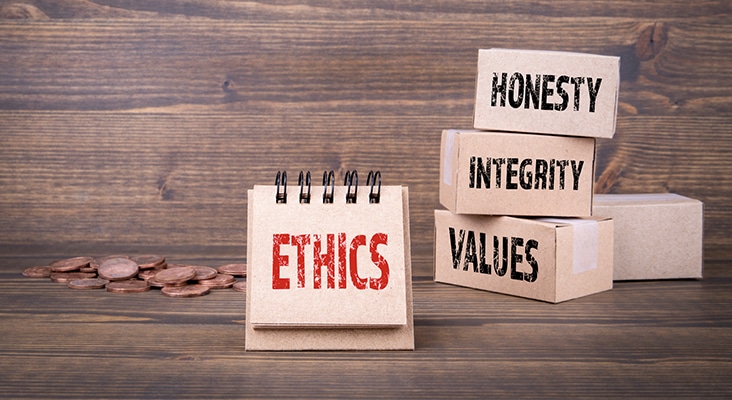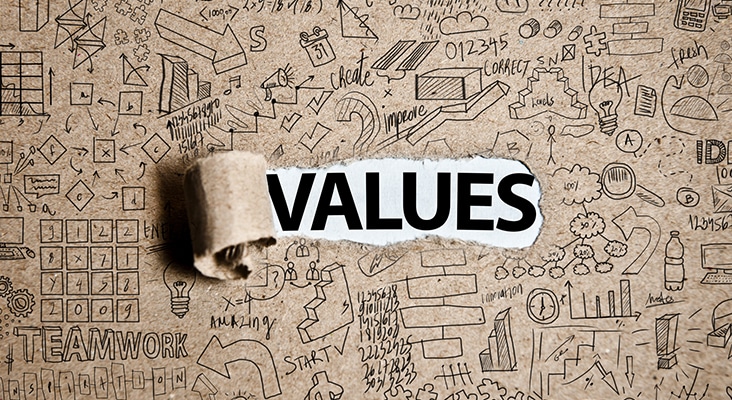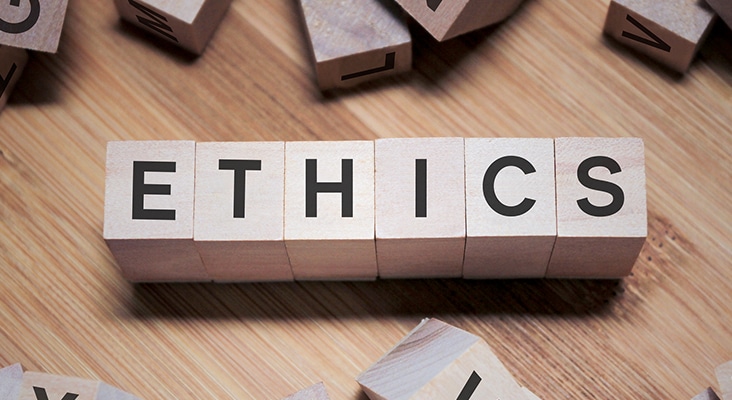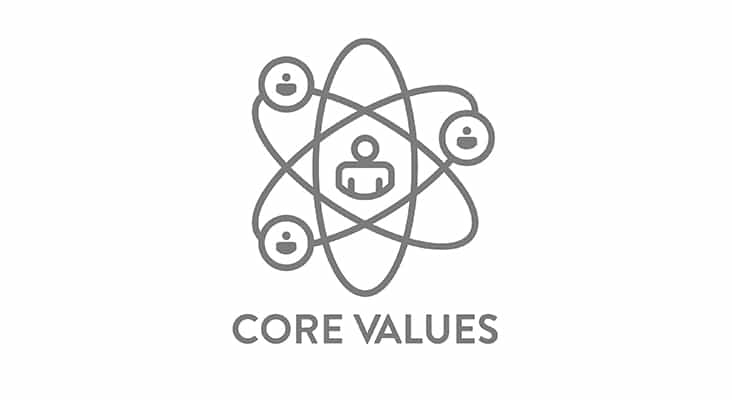Build Your Ethical Decision-Making Skills
Ethical dilemmas arise when one or more ethical principles or core values are in conflict.

What is an Ethical Dilemma?
Ethical dilemmas arise when one or more ethical principles or core values are in conflict. For example, a patient requests a 12-month recare schedule due to financial difficulties (autonomy), but the dental hygienist believes that 4-month appointments are what the patient needs to improve his oral health (beneficence). Different ethical decisions can be made regarding the same ethical dilemma, resulting in no right or wrong conclusion. In some instances, compromises can be made, such as agreeing on a 6-month recare for the example above. In other cases, there is no compromise and a decision must be made. Dental hygienists face ethical dilemmas and perhaps even legal issues throughout their careers, but a strong educational foundation in ethics and ethical decision-making can help guide their actions and behaviors.
Photo Credit: tumsasedgars / iStock / Getty Images Plus

Take the Oath
The dental hygiene oath was originally adopted by the American Dental Hygienists’ Association (ADHA) in 1948 and included a reference to Alfred Fones, DDS—the founder of the dental hygiene profession. The modern version of this oath was adopted by ADHA Board of Trustees in 1979. Although the word “ethics” or “ethical” is not specifically mentioned in the dental hygiene oath, dental hygienists have an ethical and moral obligation to uphold the oath and maintain high professional standards. Because dental hygienists are health care professionals, they have a professional responsibility to practice in an ethical manner.
Photo Credit: grinvalds / iStock / Getty Images Plus

Solving Ethical Dilemmas
While dental hygienists make decisions every day, ethical decision making can be more complex. Using the following decision-making steps may appear simplistic, but it can be extremely useful in solving ethical dilemmas. Similar to how keeping a food diary can help with nutritional counseling and counting calories, writing down the items in each of these steps can assist with ethical decision making.
- Identify the problem
- Gather the facts (ask questions)
- List alternatives (pros and cons)
- Select a course of action
- Act on the decision
- Evaluate the action
When working through each step, other factors to consider are the professional code of ethics; advice from superiors, peers, and role models; and previous personal experience.
Photo Credit: nzphotonz / iStock / Getty Images Plus

Ethical Issues
While a career in dental hygiene is incredibly fulfilling, it is not without challenges. Dental hygienists face ethical dilemmas that affect themselves and their patients, similar to other health professionals. Ethical issues in health care are common. Challenges such as balancing quality care and efficiency, improving access to care, and addressing end-of-life issues are frequently encountered in the medical profession. Additionally, sometimes patients’ personal or religious beliefs may clash with evidence-based treatment. Patients’ rights to make their own choices/decisions (autonomy) must be weighed against practitioners’ responsibilities to provide the best care (beneficence).
Photo Credit: SinArtCreative / iStock / Getty Images Plus

Working Through Ethical Scenarios
Many factors should be considered when making ethical decisions. It is important to work through ethical scenarios throughout dental hygiene education and to use ethical decision-making steps in order to adequately solve dilemmas when they arise. With changes in dental hygiene curricula, dental hygiene graduates should have sufficient training in ethics to handle dilemmas they may encounter in their professional careers. Dental hygienists are charged with continuing to practice with the highest standards of care, remembering the oath taken prior to becoming a licensed professional, and always “doing the right thing.”

